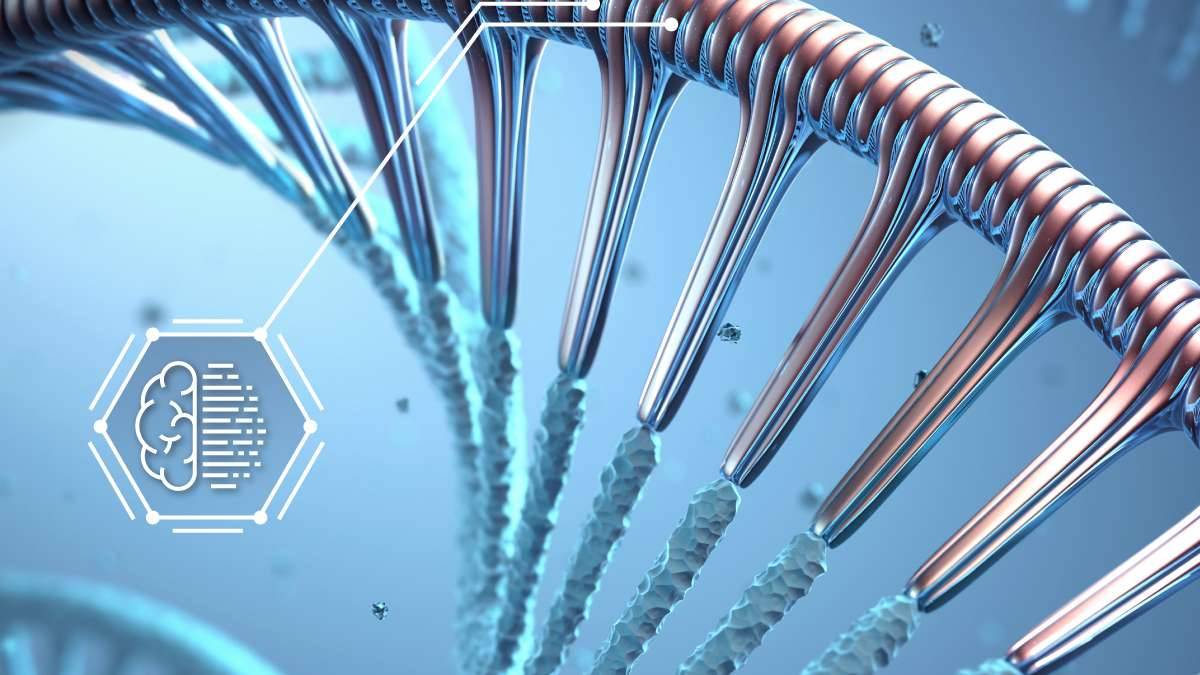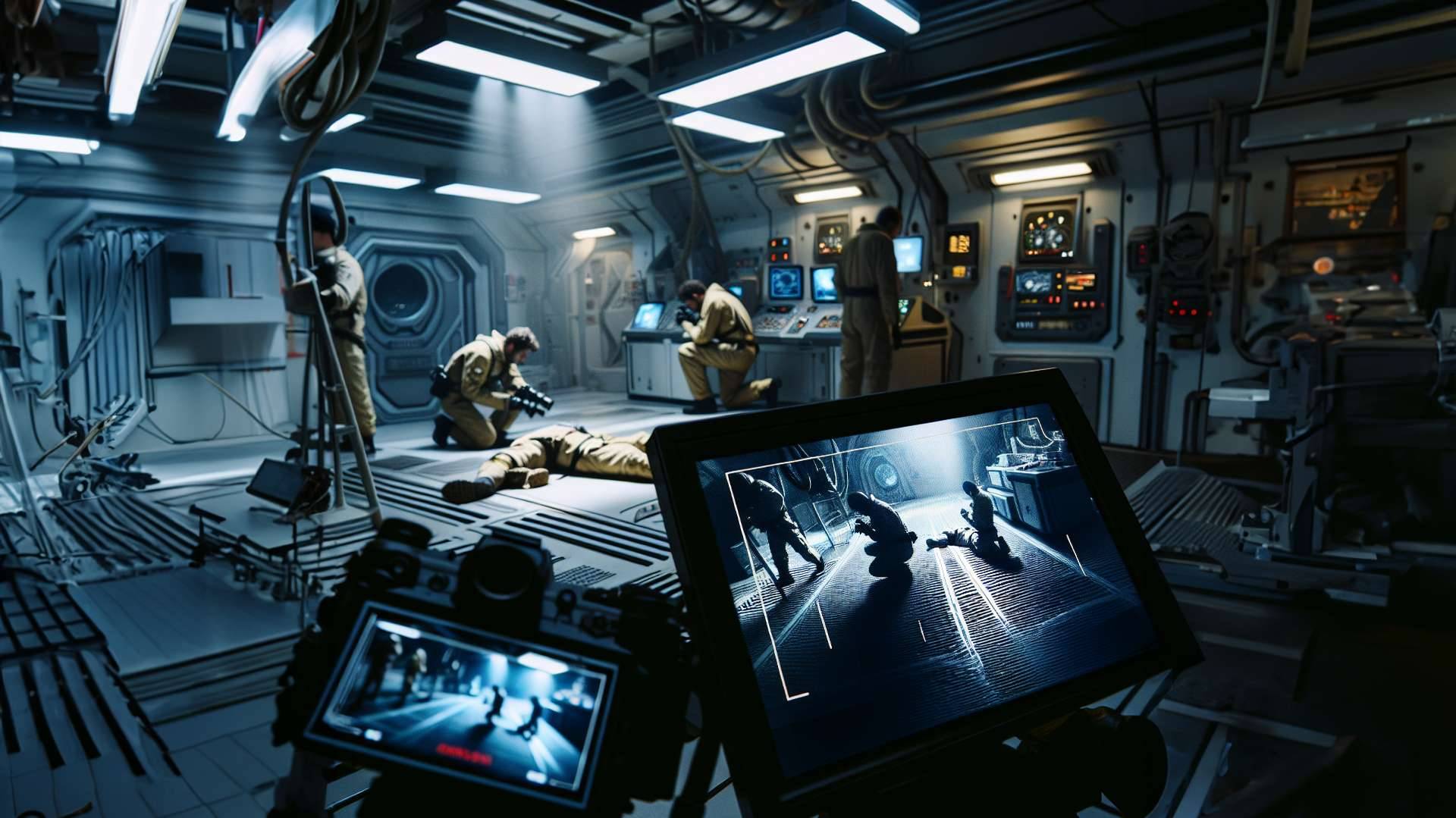
Human Memory Transfer
ARTICLES | Oct 21, 2022
Writer: Nuttawut Kulkaew
Editor: Wittaya Wonglor
Transferring our memories at a cellular level could, amazingly, become reality.
In 2018, a team of neuroscience researchers successfully transplanted memories between living organisms by injecting genetic code (RNA) from the donor to the recipient. This experiment with Californian sea hare snails (Aplysia californica) is a sign that humans may eventually be able to transfer knowledge, experiences, and long-term memory (LTM) from one person to another or to a community.
The snails injected with the genetic material responded to stimuli like the donors. Recipients might also inherit traits, preferences, emotional states or temperaments, and memories from givers. Such technology could become a reality by 2050, along with sensory technology and the human body's connection to biophysical technology devices.
Implications for the future:
- The study and selection of the genetic code (RNA) from donor to recipient requires careful investigation to prevent genetic diseases such as Alzheimer's or even psychiatric diseases such as PTSD from being passed to memory recipients.
- If the transfer of memories becomes reality, it could be a new vision for the future of education and experiential learning. Young people could experience the lives of those with a rich life story like direct experiences. But it could have a detrimental effect on cognitive, emotional, and social development beyond the body's and brain's biological potential.
- Such genetic engineering could challenge the framework of human beliefs on identity, self, life, and death.
- If the transfer of memories can happen, a new review of medical ethics is needed.
Reference:
- Amazing breakthrough shows transfer of memories is possible https://www.siliconrepublic.com/innovation/transfer-memories-possible-rna
- RNA from Trained Aplysia Can Induce an Epigenetic Engram for Long-Term Sensitization in Untrained Aplysia https://doi.org/10.1523/ENEURO.0038-18.2018
- 'Memory transplant' achieved in snails https://www.bbc.com/news/science-environment-44111476
- Personality changes following heart transplantation: The role of cellular memory https://pubmed.ncbi.nlm.nih.gov/31739081/
- Characterization of Neuronal RNA Modifications during Non-associative Learning in Aplysia Reveals Key Roles for tRNAs in Behavioral Sensitization https://pubs.acs.org/doi/full/10.1021/acscentsci.1c00351
Want to know more about us? Click www.futuretaleslab.com or follow at https://www.blockdit.com/futuretaleslab











